Technical Description:
Marine Biologist GPT is a state-of-the-art AI-powered assistant engineered to support researchers, ecologists, and marine conservationists in advancing their scientific endeavors. Built upon the latest GPT architecture, it integrates deep domain expertise in marine biology, ecology, and environmental sciences. This intelligent tool delivers comprehensive, data-driven insights, helping users tackle complex marine issues such as ecosystem modeling, biodiversity assessments, and climate change impact analysis. Whether you’re studying coral bleaching, species migration, or the effects of ocean acidification, Marine Biologist GPT provides the rigorous technical support needed for cutting-edge marine research.
Designed to meet the demands of modern marine science, Marine Biologist GPT excels in predictive ecological modeling, marine species identification, and statistical data processing. With its ability to synthesize vast amounts of scientific literature and real-time data, this assistant offers highly personalized research recommendations, ensuring users stay ahead of emerging trends. Marine Biologist GPT also provides advanced solutions for sustainable fisheries, marine spatial planning, and conservation policy development, making it an indispensable tool for anyone working to protect the health of the world’s oceans.
Key Features and Capabilities:
• Predictive Ecological Modeling
- Details: Provides advanced ecological models to forecast changes in marine ecosystems due to environmental factors.
- Features:
- AI-driven ecosystem modeling based on climate, biogeochemical, and anthropogenic variables.
- Real-time integration of environmental data, including ocean temperature, salinity, and acidity levels.
- Predictive insights for species behavior, habitat shifts, and ecosystem resilience under changing conditions.
• Marine Species Identification and Taxonomy
- Details: Offers accurate species identification and taxonomy support for marine researchers and ecologists.
- Features:
- AI-powered species recognition using morphological, genetic, and behavioral data.
- Comprehensive taxonomy databases that streamline identification processes for field research.
- Predictive tools for identifying unknown or newly discovered marine species.
• Climate Change Impact Analysis
- Details: Provides detailed assessments of how climate change affects marine ecosystems globally.
- Features:
- Data-driven impact models forecasting sea-level rise, ocean warming, and acidification effects.
- Analysis of vulnerable species and ecosystems at risk from climate change.
- Long-term projections for habitat viability, species migration, and marine biodiversity loss.
• Sustainable Fisheries and Aquaculture Management
- Details: Delivers actionable strategies for promoting sustainable practices in fisheries and aquaculture.
- Features:
- Recommendations on fish stock management to prevent overfishing and ensure biodiversity.
- Integration of ecosystem-based management approaches to minimize environmental damage.
- Guidance on sustainable aquaculture practices, including species selection, water quality management, and habitat restoration.
• Marine Policy and Conservation Strategy Support
- Details: Assists in developing and implementing marine conservation policies based on the latest scientific data.
- Features:
- Comprehensive policy analysis tools for marine spatial planning, protected area design, and fisheries governance.
- AI-powered simulations to evaluate the effectiveness of conservation strategies.
- Recommendations tailored to specific regulatory frameworks and international marine conservation agreements.
Conclusion:
Marine Biologist GPT is a powerful and versatile tool designed to support marine scientists, researchers, and conservationists in addressing today’s most critical oceanic challenges. Its combination of advanced predictive modeling, data synthesis, and AI-driven insights provides users with the technical expertise required for impactful research and conservation efforts. Whether you’re modeling ecosystem changes, conducting biodiversity assessments, or guiding sustainable fisheries practices, Marine Biologist GPT equips you with the data-driven strategies and support necessary to achieve success in marine science.
Frequently Asked Questions (FAQs)
Q1: How does Marine Biologist GPT assist in ecosystem modeling?
Answer: Marine Biologist GPT uses AI-powered ecological models to predict changes in marine environments based on climate data, human activities, and natural factors. It integrates real-time oceanographic data to forecast species migration, habitat changes, and ecosystem resilience.
Q2: Can Marine Biologist GPT help with marine species identification?
Answer: Yes, Marine Biologist GPT includes advanced species identification tools, drawing on extensive taxonomic databases and AI recognition to accurately identify marine species in the field or lab, supporting ecological and biodiversity studies.
Q3: How does Marine Biologist GPT contribute to sustainable fisheries management?
Answer: The assistant provides tailored guidance on sustainable fisheries practices, offering strategies for optimal fish stock management, ecosystem-based approaches, and minimizing environmental impact, ensuring long-term viability of marine resources.
Q4: Does Marine Biologist GPT offer insights into the impact of climate change on marine life?
Answer: Yes, Marine Biologist GPT offers detailed analyses of how climate change affects marine ecosystems, including projections on sea-level rise, warming waters, and acidification, helping researchers understand long-term effects on species and habitats.
Q5: How can Marine Biologist GPT aid in developing marine conservation policies?
Answer: Marine Biologist GPT supports policymakers by providing evidence-based recommendations for marine spatial planning, protected areas, and regulatory strategies, helping to create effective conservation frameworks grounded in the latest research.


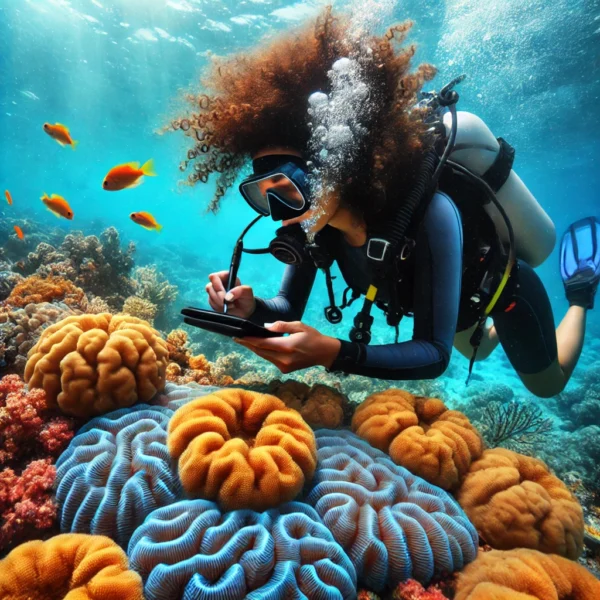
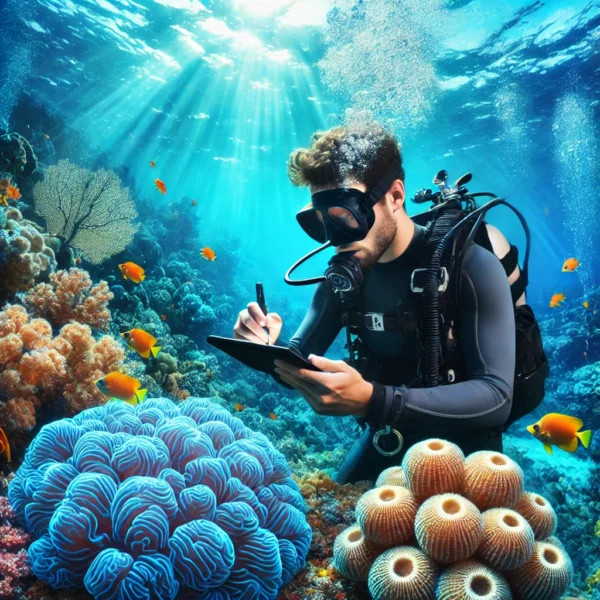
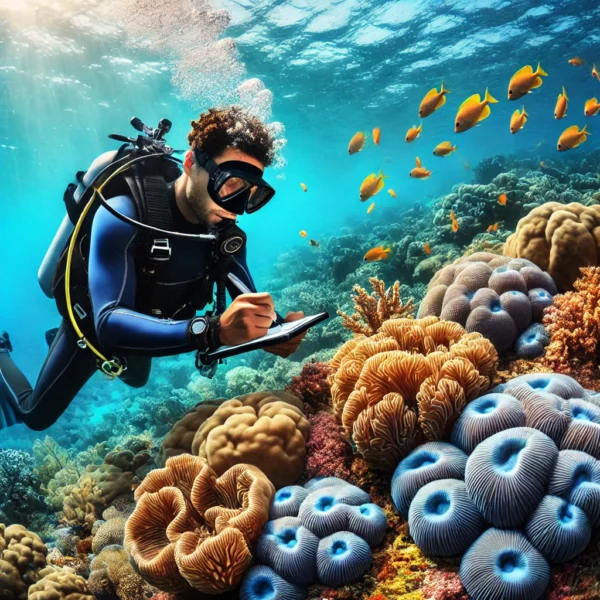
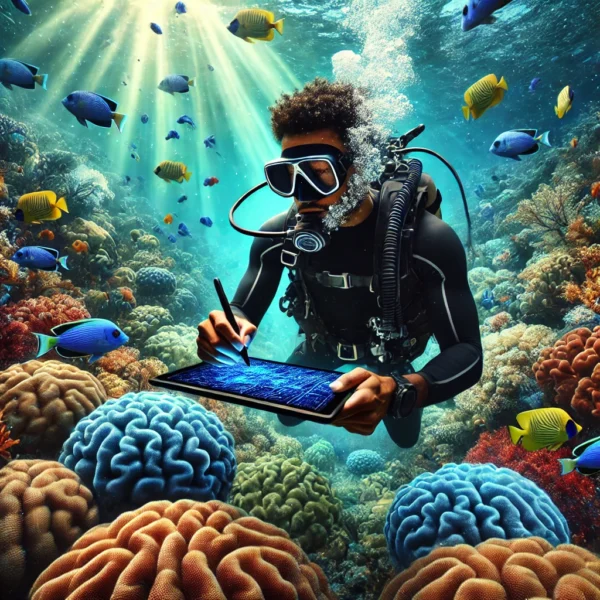



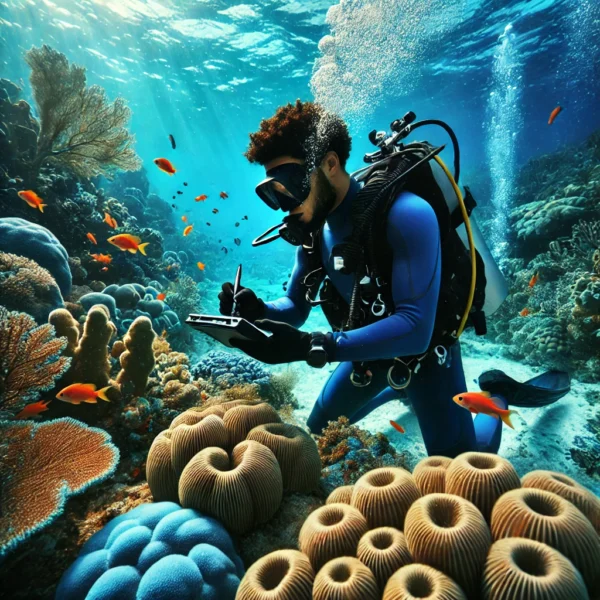























Leave a Reply